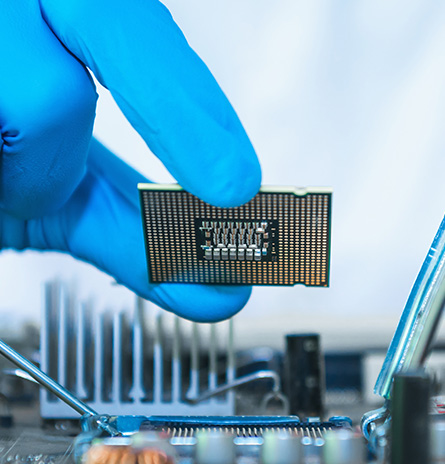Code Examples
- C++ Builder
- C#
- Delphi
- LabVIEW
- Visual Basic
- Visual C++
- Other Platforms
Other Platform Examples
This page contains examples of communicating with FTDI devices through the D2XX drivers and FTD2XX.DLL using other programming languages. This code is provided “as-is” for illustration purposes only and as such FTDI do not provide technical support for these code examples.
Java
Mike Werner has provided a Java implementation of D2XX called FTD2xxj. Mike has also provided an example use of his Java implementation by using his code to access ELV’s “Dual USB Stepmotor Interface” (USI2). Mike’s USI2 project is available here.
Pablo Bleyer has developed a Java wrapper for the D2XX DLL. It has been tested mainly in Windows, but should also function under Linux. The jd2xx wrapper is available for download along with some example code here.
As the popularity of JAVA grows, so does the variety of wrappers to support the range of USB bridge ICs. The latest offering to be made available is from Stephen Davies. Stephen is a developer for the open source project yad2xx which works with our D2xx library. Whilst the engineers at FTDI have verified functionality on MAC OSX and windows we do not guarantee functionality or offer direct support for this wrapper but suggest you try for yourself. A download of the code may be obtained from:
LabWindows/CVI
Alex Drakard has kindly provided an example written using National Instruments LabWindows/CVI 7.1 to control the FT245BM device. Please note that this code is provided on an as-is basis and is not supported by FTDI. To download the example code, click here.
PERL
Our thanks to Alister Perrott of GTS Ltd for submitting an example of using the FTD2XX library with PERL. His sample code is available here.
Python
To facilitate accessing USB from a Pyhton script, there is a Phython script available called PyUSB. To find out more about the PyUSB interface, click here.
.NET Internet of Things (IoT) for FT4222H
A multi-platform .NET implementation for the FT4222H supporting SPI, I2C and GPIO functionality, kindly provided by Laurent Ellerbach.
For more information, click here.


